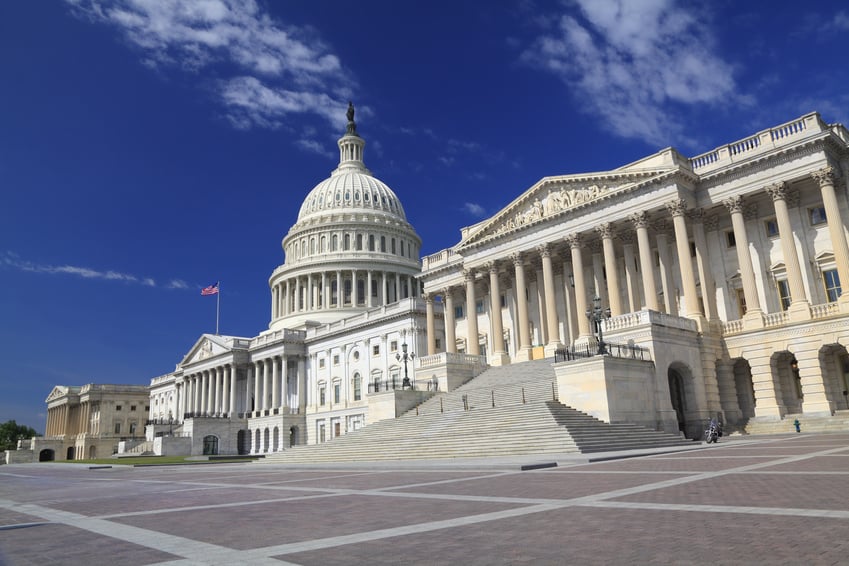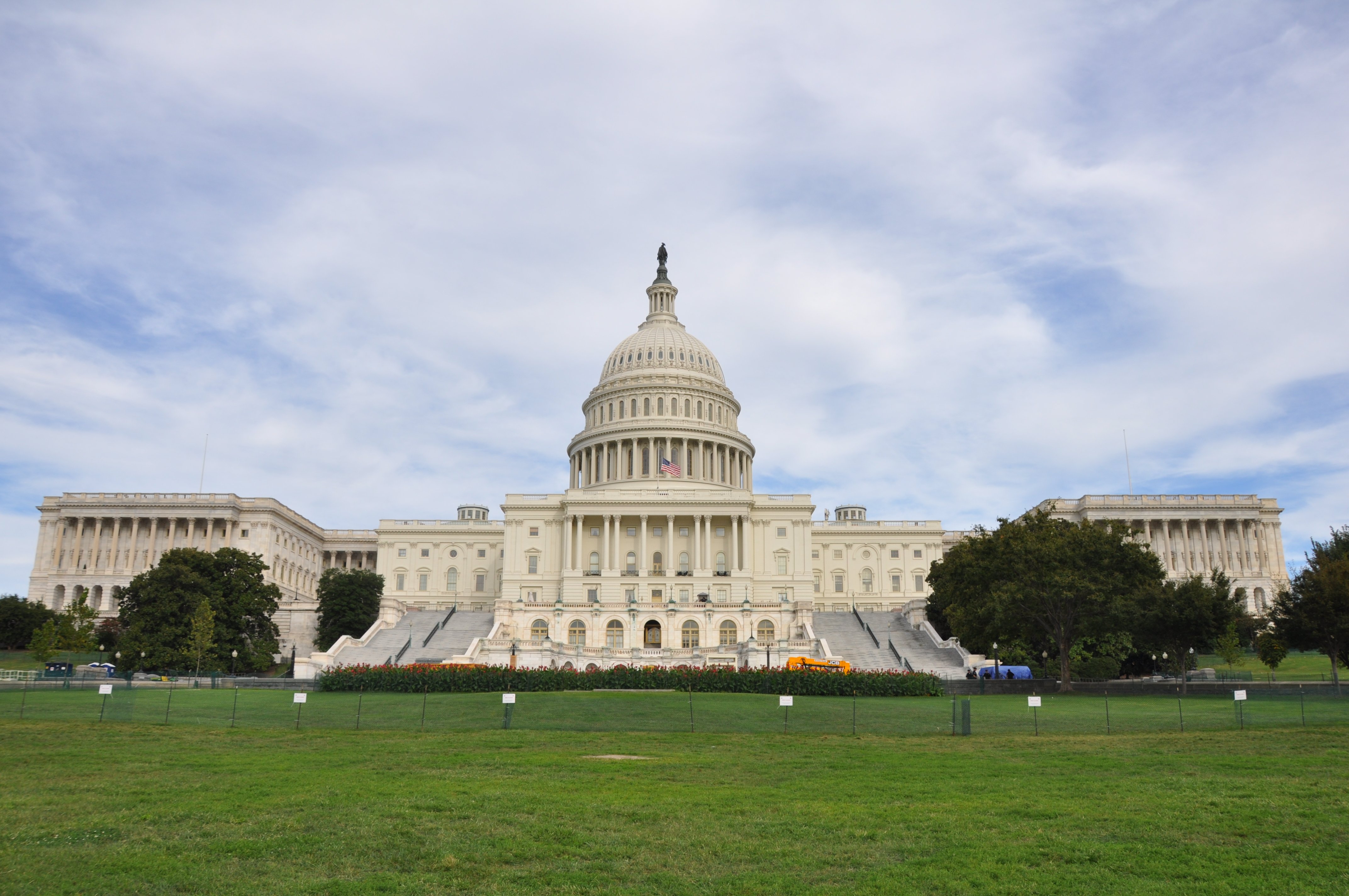On 5 April 2021, the US Court of International Trade issued a significant ruling that overturns a portion of the Section 232 tariffs imposed by President Trump under Section 232 of the Trade Expansion Act of 1962 (19 U.S.C. §1862).
On 5 April 2021, the US Court of International Trade (Court) issued a significant ruling that overturns a portion of the Section 232 tariffs imposed by President Trump under Section 232 of the Trade Expansion Act of 1962 (19 U.S.C. §1862). The decision affects the duties imposed on US imports of steel and aluminum “derivative” products but not the more general steel and aluminum tariffs.
Our 18th Annual Global Trade and Supply Chain Webinar Series entitled, “International Trade & Developments in a World Focused on Recovery & Renewal,” includes the latest international trade developments including updates on trade wars, trade agreement negotiations and key customs, export controls, sanctions developments, and foreign investment review regimes around the worlds.
Baker McKenzie’s North America Trade Secrets Practice is a true cross-disciplinary team of industry ranked and recognized intellectual property, employment, tech transaction, litigation and trial attorneys exclusively dedicated to helping clients identify, protect, prosecute and defend their most valuable, complex and market-differentiating trade secrets throughout the US, Canada, Mexico and…
Our 18th Annual Global Trade and Supply Chain Webinar Series entitled, “International Trade & Developments in a World Focused on Recovery & Renewal,” includes the latest international trade developments including updates on trade wars, trade agreement negotiations and key customs, export controls and sanctions developments. In addition to our usual…
Baker McKenzie’s North America Trade Secrets Practice is a true cross-disciplinary team of industry ranked and recognized intellectual property, employment, tech transaction, litigation and trial attorneys exclusively dedicated to helping clients identify, protect, prosecute and defend their most valuable, complex and market-differentiating trade secrets throughout the US, Canada, Mexico and…
Develop a company culture that embraces trade secret protection at all levels of the organization, and across all company departments. Trade secret protection must be recognized as a compliance issue, with potentially serious reputational, financial, and legal implications. Know the law for the applicable jurisdictions. The law across jurisdictions, while…
It goes without saying that altering your supply chain will mean that you need to share your valuable intellectual property (IP) with your new suppliers. So, it is critical to consider the impact of supply chain disruptions on your IP rights, which may differ depending on the type of IP…
Welcome to our first Virtual Year-End Review of Import/Export Developments Conference, a virtual offering for all our clients and friends worldwide. Baker McKenzie’s international trade compliance lawyers from around the world discussed the major global legislative, judicial and administrative activities and trends in export controls, trade sanctions, customs compliance, and…
The North America Trade Secrets Practice presents a closer look at the DOJ’s China Initiative, which was announced in 2018, and what it means for investigating and prosecuting claims of trade secret misappropriation that involve a China aspect. How, if at all, would a new presidential administration be likely to change the Initiative? What has happened so far, and what are the trends?








